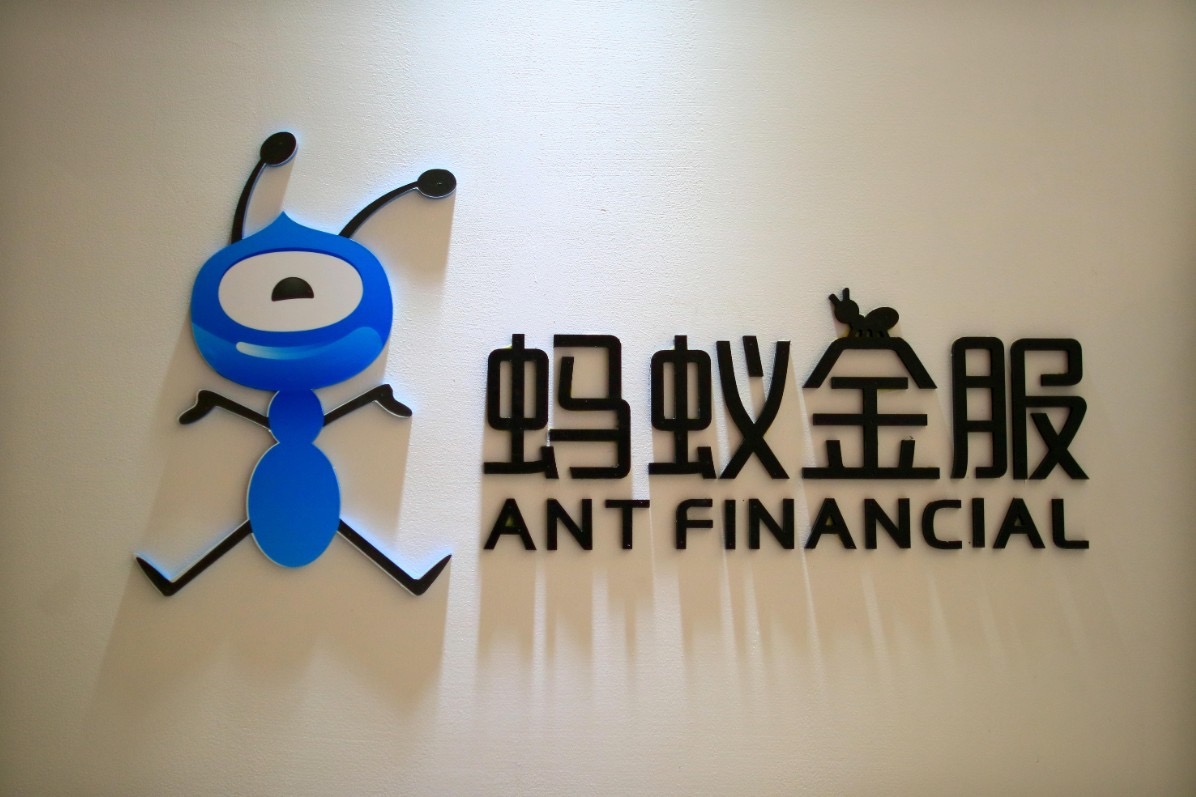Ant Group will be unable to resume its initial public offering in the near term, analysts said on Wednesday, on the morning after Shanghai regulators halted the process in an unexpected move.
“Behind the pause is Shanghai Stock Exchange’s request for Ant to disclose extra information on how the new online microloan regulation will affect its business,” Tian Xuan, the vice dean of Tsinghua University PBC School of Finance told KrASIA in a phone interview.
China’s Banking and Insurance Regulatory Commission and the People’s Bank of China jointly issued a draft regulation on online microloans on Monday, disallowing microloan companies that lend online to provide individuals loans above RMB 300,000 (USD 44,666) or above one third of the borrower’s annual pay. Lenders will also need to provide 30% of the loans they fund jointly with banks and cannot operate across provinces without permission.
Ant Group currently has two microloan companies both located in Chongqing, Southwest China, to lend money to individuals and small businesses on two platforms called Huabei and Jiebei, both hosted within the company’s mobile payment portal Alipay. The two subsidiaries have lent RMB 1.7 trillion (USD 253 billion) to individuals and RMB 400 billion (USD 59.6 billion) to small businesses by the end of June, according to the company’s IPO prospectus.
As for Ant’s syndicated loans, it only keeps 1% to 2% on the balance sheet, far lower than the 30% required in the new regulation.
“The financial business associated with the microloan license and its technology business will face the possibility of being split up,” Ji Shaofeng, a finance columnist and founder of the “China Alliance for Small and Microloan Institutions,” told The Beijing News. “There is no doubt that the new regulation is targeted at fintech giants like Ant Group.”
Valuation to be affected
“Whether Ant will take measures to comply with the new regulation or spin off this business, it is something that cannot be solved in one, two, or three months,” said Tian. “In either case, Ant’s valuation is sure to be affected greatly as the microloan business accounted for almost half of the company’s entire profits.”
Ant planned to raise USD 34.4 billion in its IPO at a valuation of USD 313 billion.
The Chongqing Xiaowei Micro Loan Company, which is behind Huabei on Alipay, earned RMB 4.3 billion (USD 640 million), while the Chongqing Ant Shangcheng Micro Loan Company behind Jiebei generated RMB 6.2 billion (USD 920 million), the combination of which accounted for 48% of Ant Group’s RMB 21.9 billion (USD 3.27 billion) net profits in the first half year, according to the company’s IPO prospectus.
“Ant Group can still get listed after meeting the regulators’ requests because the company represents the direction for fintech companies in China and has a lot of investors and backers from the state,” Cao Lelong, a lawyer with Beijing Zhonglun W&D Law Firm, told KrASIA.
“The length of the suspension will depend upon the specific nature of the concerns, but even if it is immediately resolved, the issue has already highlighted risks that may have been overlooked during earlier market fervor,” said Brock Silvers, chief investment officer of Kaiyuan Capital.
Industry-wide impact
“Pre-IPO investors, they will have to hold onto their shares for longer,” said Brian Freitas, an analyst of Asian markets for research platform Smartkarma and former investment banker at Barclays. “There could be a loss because after imposing the stricter regulations, Ant’s valuation might be very different from what it’s at the moment when it comes back,” he told KrASIA, adding that it’s hard to predict a second valuation of Ant currently due to uncertainty of the new rules.
“The new regulation will affect everyone else in the financial technology sector, valuations should drop from where they were,” Freitas said, mentioning that Lufax (NYSE:LU), which listed in the US last month, saw its stock dropping by 8.26% to USD 12.66 on Tuesday. JD Digits, JD.com’s fintech arm, declined to comment when contacted on Wednesday.
“Ant remains attractive, but fintech fundraising in China may now be on hold until Jack Ma makes his peace with Beijing regulators,” said Silvers.
